Side Effects Of Sugar | How Much Can You Eat In A Day?
- Introduction
- What Are Sugars?
- Side Effects Of Added Sugar In Your Diet
- How Much Sugar Can You Eat In A Day?
- Ways To Reduce Your Sugar Intake
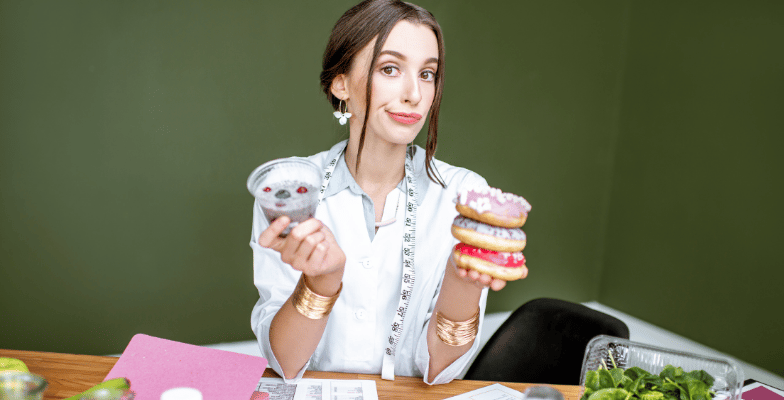
Introduction
Added sugar in foods and refined sugar were nonexistent a few hundred years ago!
Did you know that when refined sugar was created, it was considered healthy? Only the elite class could afford it.
In the 1700s, sugar consumption was only 4 lbs per annum. It increased to 60 lbs per annum in the 1900s.
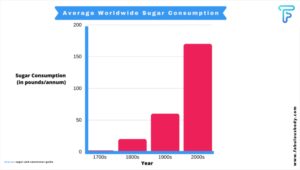
In the 21st century, the average worldwide sugar consumption per annum is a whopping 170 lbs per annum!
In fact, added sugar is present in ~75% of processed foods and beverages in the United States. Sugar is added to pastries, biscuits, ketchup, cured meats, candy, bread, soups, cereals, salad dressings, pasta sauces, flavored yogurts and so forth.
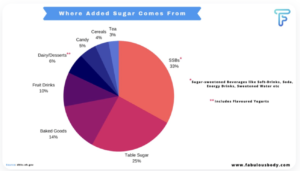
What Are Sugars?
To understand sugar, you’ll need a basic biochemistry lesson in carbohydrates.
Along with proteins and fats, carbohydrates are one of three macronutrients, meaning the body needs them in large quantities. One gram of carbohydrate equals four calories, the same as protein.
Carbohydrates are molecules composed of carbon, hydrogen, and oxygen atoms. They are classified as simple or complex.
Simple carbohydrates with just one sugar molecule are called monosaccharides.
Some common examples of monosaccharides are.
Glucose- Blood sugar. All types of carbohydrates ultimately break down into glucose.
Fructose- Found in fruits
Galactose- Found in milk products
When two monosaccharides combine, they form a disaccharide. Examples of disaccharides are.
Sucrose- Glucose + Fructose
Lactose- Glucose + Galactose
Maltose- Glucose + Glucose
Simple carbohydrates are found in fruits, honey, sweets, candies, white bread, white rice, and sugar-sweetened beverages like soft drinks, soda, fruit drinks, energy drinks, vitamin water, etc.
When you eat simple carbohydrates, the sugars in them get absorbed quickly, causing a faster rise in blood sugar. So the pancreas has to release a lot of insulin to combat this sudden sugar rise in your blood.
When you eat a lot of refined carbs, like white rice, pasta, bagels, and sugar-sweetened beverages, over time, the cells in your body start to resist insulin because so much is released every time you eat those foods.
This leads to a condition called insulin resistance, which can lead to type-2 diabetes!
Does this mean that the simple sugars in fruits are also bad? The short answer is no! Simple carbohydrates in fruits are surrounded with fiber, which slows down the gastric emptying of sugar. In addition, fruits are loaded with vitamins, minerals and other nutrients that are good for health.
Calories in fruits are not empty calories.
But the sugars in junk and fast foods, like candies, biscuits, cakes, and sugar-sweetened beverages (SSBs), break down very quickly, as there is little or no fiber in them. Most junk and fast foods high in simple carbohydrates are also devoid of vitamins, minerals, and other nutrients, resulting in mostly empty calories.
Now, with this thought in mind, let me discuss the side effects of eating too much-refined sugar or foods that have added sugar in them.
Side Effects Of Added Sugar In Your Diet
1) Unwanted Weight Gain And Obesity
It’s interesting to note that a large percentage of calories from added sugar comes from soda, juices, and other sugary drinks. To be precise, SSBs account for more than one-third of the calories from added sugars. 1https://www.health.harvard.edu/blog/eating-too-much-added-sugar-increases-the-risk-of-dying-with-heart-disease-201402067021
A recent review of 30 studies (none of them SSB industry-sponsored) concluded that sugar-sweetened beverages are associated with weight gain and obesity. A total of 244,651 participants were included in this review. Of the 30 studies, 20 studies were conducted on children! 2https://www.sciencedaily.com/releases/2017/12/171223134832.htm
Another review looked at 60 studies related to the effect of SSB consumption on obesity and diabetes-related outcomes and found that 34 of the 60 studies reported a positive correlation between the two.
The 26 studies that suggested consumption of SSBs has no link with obesity and/or diabetes had funding ties to the sugar industry. 3https://diabetesed.net/wp-content/uploads/2017/08/Annals-int-medicine-sugar-study-skew.pdf Numerous other studies support a strong association of SSBs consumption with an increased link to obesity. 4https://pubmed.ncbi.nlm.nih.gov/20138901/, 5https://pubmed.ncbi.nlm.nih.gov/22289979/, 6https://pubmed.ncbi.nlm.nih.gov/16895873/, 7https://pubmed.ncbi.nlm.nih.gov/19056589/, 8https://pubmed.ncbi.nlm.nih.gov/22998338/, 9https://pubmed.ncbi.nlm.nih.gov/22998340/
2) Type-2 Diabetes
Type-2 diabetes is a sugar-related disease. Let me explain.
Type-2 diabetes is diagnosed when either the beta cells of the pancreas cannot produce enough insulin or when the insulin receptors become desensitized and no longer respond to insulin.
Insulin is a hormone that regulates your blood sugar. Essentially, it moves the sugar from the blood into your cells.
To maintain homeostasis, the human body cannot have more than one teaspoon of sugar in its blood at any time. To maintain this amount of sugar in the blood, insulin is released by the beta cells of the pancreas.
As I mentioned before, insulin resistance happens when the liver, muscle, or fat cells do not respond well to insulin. Scores of scientific literature indicate that the consumption of SSBs causes insulin resistance. 10https://pubmed.ncbi.nlm.nih.gov/27001645/, 11https://pubmed.ncbi.nlm.nih.gov/25825943/, 12https://pubmed.ncbi.nlm.nih.gov/19381015/, 13https://pubmed.ncbi.nlm.nih.gov/21677052/ Insulin resistance significantly increases the risk of having type-2 diabetes.
A 2014 meta-analysis by Bo Xi et al. titled, Intake of Fruit Juice and Incidence of Type-2 diabetes aimed to estimate the link between sugar-sweetened fruit juice intake and the risk of type-2 diabetes. 14https://www.ncbi.nlm.nih.gov/pmc/articles/PMC3969361/
The meta-analysis of four studies included a total of 191,686 participants. It concluded that a higher intake of sugar-sweetened fruit juice significantly increased the risk of developing type-2 diabetes. And don’t forget that unwanted weight gain (or obesity) is a risk factor for developing diabetes as well. 15https://www.ncbi.nlm.nih.gov/pmc/articles/PMC4822166/
3) Can Cause Tooth Decay And Other Dental Problems
Sugar, when mixed with saliva and bacteria, can dissolve the enamel of teeth, ultimately leading to cavities! The more sugar your teeth are exposed to, the higher the risk of developing cavities. 16https://pubmed.ncbi.nlm.nih.gov/1566620/, 17https://pubmed.ncbi.nlm.nih.gov/9601234/, 18https://pubmed.ncbi.nlm.nih.gov/14972061/
Sugar-sweetened beverages (juices, sports drinks, energy drinks, etc.) are the main culprit again here. Many people drink these sugary beverages many times a day. This prolongs sugar exposure, causing more damage to your teeth. 19https://pubmed.ncbi.nlm.nih.gov/24813370/, 20https://pubmed.ncbi.nlm.nih.gov/27886383/
Therefore, especially if you drink sugary beverages, it’s important to practice good oral hygiene. Brushing your teeth twice a day in the morning and before going to bed is the best way to protect them from sugar, cavities and other dental problems.
4) Can Increase The Risk Of Various Chronic Diseases
In a 2014 study published in the JAMA Internal Medicine, Quanhe Yang et al. concluded that a higher percentage of added sugar calories (17-21%) increased CVD mortality risk by 38%. And the relative risk was more than double for those who consumed 21% or more calories from added sugar. 21https://jamanetwork.com/journals/jamainternalmedicine/fullarticle/1819573 A few more studies support the same conclusion. 22https://pubmed.ncbi.nlm.nih.gov/20308626/, 23https://pubmed.ncbi.nlm.nih.gov/22412070/
A recent article in Science Daily concluded that added sugars could lead to a condition called leptin resistance. Leptin is a powerful hormone that regulates healthy body weight. 24https://www.sciencedaily.com/releases/2016/01/160113103318.htm
A few randomized controlled trials are consistent with the fact that added sugars are responsible for high blood pressure, which in turn increases the risk of heart disease. 25https://pubmed.ncbi.nlm.nih.gov/21357284/, 26https://pubmed.ncbi.nlm.nih.gov/20497980/
5) Causes Aging And Skin Wrinkling
Sugar reacts with proteins in the body, forming advanced glycation end-products (abbreviated as AGEs). AGEs damage the elastin and collagen molecules in the skin. So, if you want to look young and avoid early wrinkling, it’s best to follow the suggestion I am about to give you.
How Much Sugar Can You Eat In A Day?
With so many side effects of sugar, you may be wondering how much you can eat in a day. Or perhaps you should strive to eliminate this ingredient altogether.
Let me tell you, sugar is addictive. It is a mighty enemy!
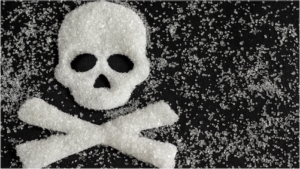
It has dozens of aliases, meaning it goes by other names. The chart below provides a few dozen aliases for sugar on the ingredient list of packaged foods.
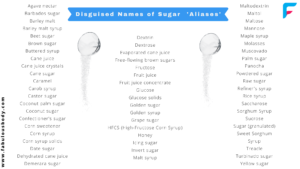
The most common types of added sugars are sucrose and high fructose corn syrup. The latter is a manmade sugar that is deadlier than sucrose! All these names are added sugar and should be accounted for when deciding how many calories you consume from added sugars every day.
The WHO recommends limiting added sugars to less than 10% of your total daily intake. 27https://pubmed.ncbi.nlm.nih.gov/14972063/ That means for a 2,000-calorie diet, one should not eat more than 200 calories from added sugar.
The American Heart Association has a more conservative estimate. It recommends a limit of 100 calories for women and 150 calories for men from added sugars. 28https://pubmed.ncbi.nlm.nih.gov/19704096/ To put things in perspective, just one can of any soft drink (~12 oz) has about nine teaspoons of sugar in it, which equates to ~180 calories from added sugar!
Ways To Reduce Your Sugar Intake
Since sugar is a powerful enemy, if you try to eliminate it from your diet, you’ll probably fail. The best strategy is to minimize it. Here are the three most effective ways to reduce your sugar intake significantly.
1) Read Labels On Anything That Comes In A Wrapper Or A Box
While it’s best to limit foods in wrappers or boxes, if you do include them in your diet, be sure to read the labels carefully. However, please note there are food items that come in a box or a wrapper that are very healthy and have a minimal ingredient list with no added sugar!
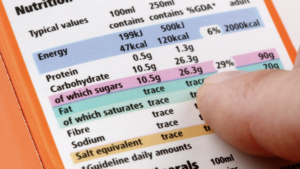
One pro tip when reading nutrition labels is to look at the ingredient list instead of what is written on the front of the box.
Billions of dollars are spent on food advertising and marketing every year, and food companies hire the best minds to lure you into buying their products, often by putting unsubstantiated claims on the front of the package about how good their product is for your health.
The truth about the product can be found in its ingredient list. Usually, the first three ingredients comprise at least 70-80% of the product!
2) Sugar-Sweetened Beverages Are A Big No-No!
As mentioned previously, SSBs are the main culprit, as they are responsible for ~33% of added sugar calories. There are so many natural and healthy beverages like black organic coffee, green tea, matcha tea, apple cider vinegar, and lemon juice you can prioritize over energy drinks, vitamin water, and of course, soft drinks.
If you are addicted to drinking sugar-laden beverages, opt for their sugar-free versions.
The question, though, is, Are sugar-free beverages safe to use?
Well, to come to a conclusion, we’d need a comprehensive scientific analysis, so this is a topic for another day. But for now, know that sugar-free versions are better than their sugary counterparts!
3) A Few More Tips
-Skip the sugary granola or packaged cereals that promise you many health benefits, and simply opt for plain oats or quinoa.
-Avoid juicing your fruits. Instead, eat them whole to ensure you ingest enough fiber to slow down gastric emptying and keep your blood sugar from spiking up too much.
-Add stevia to your tea or coffee.
-Use extra virgin olive oil or flaxseed oil as salad dressing oils instead of commercially available salad dressings, which usually have added sugar.
-If you drink cocktails, avoid added sugars. Instead, stick with water or drink them old school, on the rocks. 🙂
What do you think about this article? Have any questions? Let me know in the comments below!

Skill-Based Education.
Global Recognition.
Powerful Community Building
Secure a certificate of completion in as little as a day by graduating from one of our free courses.
Get Access to Our Free Courses. No Credit Card Required.
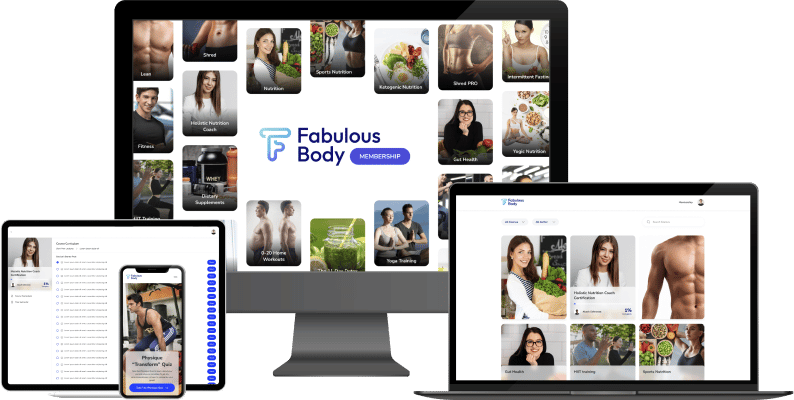
Fabulous Body Membership
Your All-Access Pass to A Fabulous Body & A Rewarding Career
25+ Certificate Courses & Programs, All Included
15 Day Free Trial, 100% Money-Back Guarantee
About Akash Sehrawat
Akash is a creator of 25+ programs and certificate courses in which more than 200,000 students have enrolled both on Udemy and Fabulous Body's native platform. Akash is also an author of three books that can be found on Amazon. His answers on Quora have gathered more than 12 million views in less than a year.








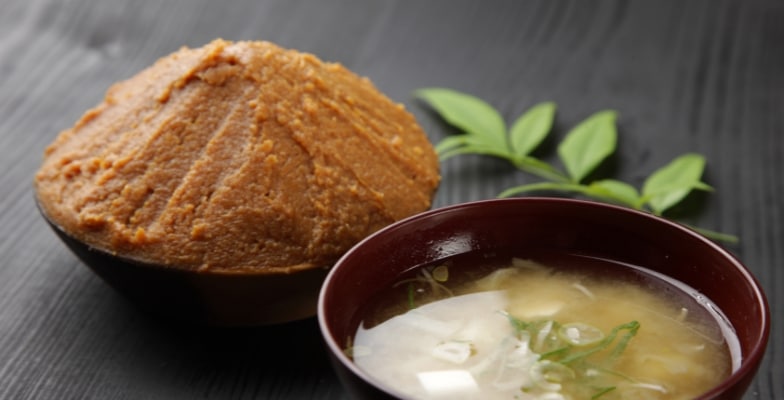
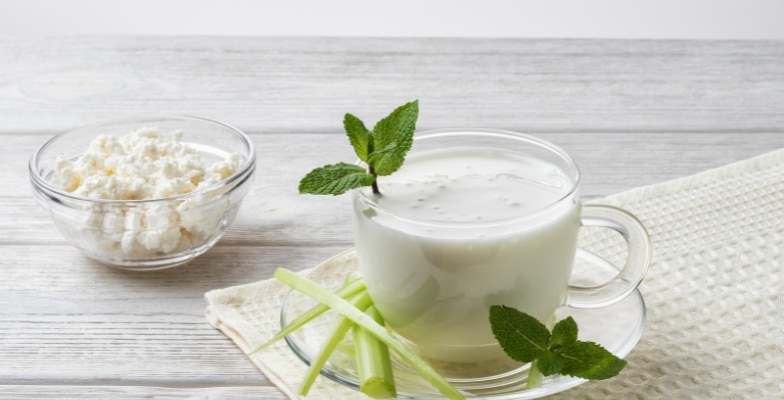

Superb research. Thanks a lot to give very detailed information about sugar in just one article. Sir you worked hard to spread awareness about the people health.
Thanks Hemant:)
My all querries about are cleared.. superbb research.
Thanks Vikrant:)
Hi Akash,
Thank you so much for your information on sugar. Very insightful.
Christiana
Hi Christiana,
We are glad to know that you liked the information! More power to you!
Regards,
Kunal,
Team Fabulous Body